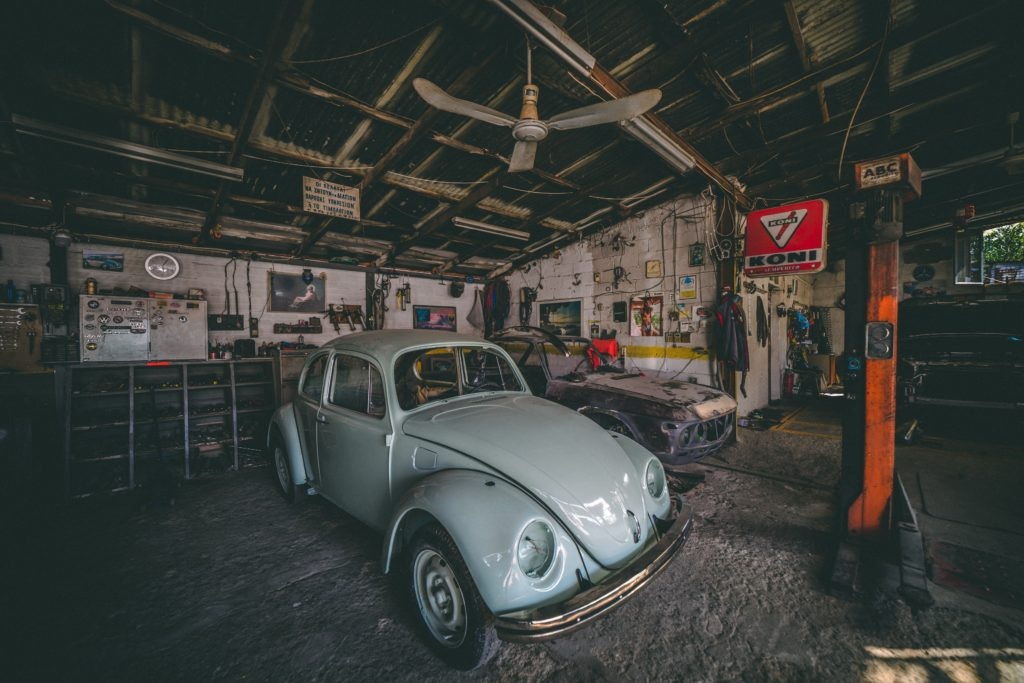How to SORN your car

If you think you won’t be using your car for a while, then you might want to look into a SORN. It lets the DVLA know your car won’t be on the road, which can be good news for your finances. You will get a road tax refund on anything you have paid on the remaining months of the year.
What does SORN mean?
SORN stands for Statutory Off Road Notification and it’s the official way of declaring your car off-road. That means you won’t be driving your car on any public roads. You can still drive in on private land i.e. for farming, but generally, people register to SORN a vehicle when they plan to keep it sat unused on the drive or in the garage. Remember that a SORN car can’t be parked up on the road outside your house, even if you don’t plan to drive it. An off-road notification means your car is quite literally off the road, moving or not. A SORN car, therefore, needs to be stored either on private land or off the road in a garage.

Why should I SORN my car?
There are different reasons people may make a SORN. Some people may apply for SORN if their commute changes, for example. Maybe it’s easier or, in the case of the ULEZ, cheaper to travel by public transport than drive. That narrows down car use massively and maybe the driver decides it’s not worth paying car tax on a vehicle that is rarely used.
Others may have recently bought a car but want to fix it up before driving it, in which case, there is no point taxing it if it’s due to be sat in a workshop for some time. Other reasons include:
- Your vehicle isn’t taxed (and you don’t plan to drive it)
- Your vehicle isn’t insured (and you don’t plan to drive it)
- You plan to break your car down for parts
- You buy a new car but don’t intend to drive it just yet
- Your car won’t be used for a while
How to apply for a SORN
It’s easy to apply for a SORN online through the DVLA website. You can also apply over the phone or via post. You will need the V5C to apply for a SORN if you’re a new owner of a car that you want to keep it off-road.
What if I don’t tell the DVLA my car is SORN?
If you don’t notify the DVLA that you have taken your car off-road, they will assume it’s still being used and therefore due to pay road tax. Not paying your road tax can lead to fines.

Using a SORN car
An off-road notification is precisely what it sounds like — that means you can’t just use your car for a quick drive to the shops once every six months. A SORN restricts any use on public roads, no matter how infrequent or how long in duration. If you are found to be driving a car that has a SORN, you can be fined up to £2,500.
When does a SORN start?
A SORN starts immediately if you applied using your V5C reference. Otherwise, it will start on the first day of the following month if you used your V11. If you applied by post, you may be able to pick the precise start date you want.
When does a SORN end?
A SORN does not need to be renewed, it lasts indefinitely. If you want to end a SORN, simply apply to tax your car again. Your SORN will end automatically if you take your vehicle out of the UK.
Does SORN transfer with car ownership?
No, if you have bought a SORN car, you will need to reinform the DVLA that the car is SORN under your name as the new owner.
Can I drive a SORN car on private land?
Yes, you can continue to drive SORN car on private land but you cannot drive it on public roads.
My car is SORN, can I keep it parked on the road?
No, if your car is SORN it must not be on the road at all, even if it’s parked up and not being used. You should make sure you have a suitable place to store your car before you register for a SORN.

Is it safe to SORN your car?
SORN is the name given to officially registering your car off-road — it’s not something you physically do to your car. If your period of SORN looks like it won’t involve any movement of your car at all (and any driving should only be on private land) then you may want to take a few extra steps. Car batteries can quickly die if unused, so you may want to look into purchasing a trickle battery charger. Electric car batteries are a little different, so you’re best to check in your vehicle handbook for any specific guidance. You should make sure you have suitable storage for your car, a place that protects it from extreme weather conditions.

Need to sell your car?
Want to learn more about owning, maintaining, and selling your car? Check out more of our guides here, covering everything from Clean Air Zones to car tax, and plate changes to part exchange.
Top 10 tips to sell your car
How to sell a car privately
How to sell a car with free collection
Should you sell your diesel car?
Should I sell my petrol car?
Top 5 ways to sell a car
Companies that buy cars
How to sell your van online
How to part exchange your car
WeBuyAnyCar alternatives
The information provided on this page is for general informational purposes only and should not be considered as professional advice.